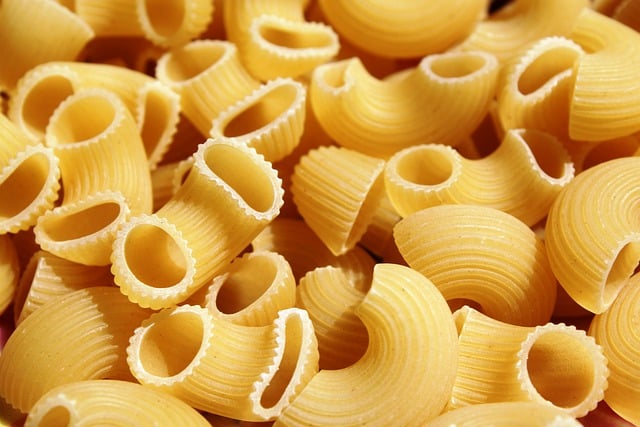Healthy Pet Diet Tips
A well-balanced diet is essential for maintaining your pet’s overall health and well-being. A healthy diet can help prevent chronic diseases, boost their immune system, and even improve their mental health. In this article, we will discuss the importance of a healthy pet diet and provide you with some valuable tips on how to create a balanced meal plan for your furry friend.
A healthy pet diet is not just about feeding them the right foods, but also about providing them with the necessary nutrients, vitamins, and minerals. A balanced diet can help prevent malnutrition, obesity, and other health problems that can arise from a poor diet. Here are some key points to consider when creating a healthy meal plan for your pet:
Understand Your Pet’s Nutritional Needs
Your pet’s nutritional needs depend on their breed, age, sex, size, and activity level. For example, dogs require more protein than cats, while older pets may require fewer calories due to reduced metabolism. Researching your pet’s specific nutritional requirements will help you create a balanced meal plan that meets their needs.
Choose High-Quality Foods
Foods from reputable manufacturers are essential for ensuring the quality and safety of your pet’s diet. Look for foods with minimal ingredients, no artificial preservatives or additives, and no fillers or by-products. Always read labels carefully and consult with your veterinarian if you’re unsure about a particular food.
Consider Your Pet’s Life Stage
Pets have different nutritional needs at various stages of their life. For example, puppies require more protein and calories than adult dogs due to their rapid growth rate. Kittens also require more nutrients during their first few months of life. Understanding your pet’s life stage will help you create a balanced meal plan that meets their changing needs.
Limit Treats and Snacks
Treats and snacks can be detrimental to your pet’s diet if overfed. Limit treats to no more than 10% of your pet’s daily calorie intake, and choose low-calorie options such as carrot sticks or green beans. Avoid giving in to begging or offering table scraps, as these can lead to weight gain and other health problems.
Keep Your Pet Hydrated
Water is essential for maintaining your pet’s overall health. Encourage your pet to drink plenty of water by providing multiple water sources throughout the day. Avoid giving your pet milk or dairy products, as these can lead to digestive issues and other health problems.
Rotate Proteins and Veggies
Rotating proteins and veggies in your pet’s diet can help ensure they receive a broad range of nutrients. For example, feeding chicken one day and beef the next can provide essential protein sources. Adding different veggies such as sweet potatoes or green beans can add fiber and vitamins.
Consult with Your Veterinarian
Your veterinarian is an excellent resource for creating a balanced meal plan for your pet. They can help you determine your pet’s nutritional needs based on their age, breed, size, and activity level. They can also recommend specific foods or supplements that meet your pet’s unique requirements.
Be Prepared to Make Adjustments
A healthy pet diet is not a one-time task, but rather an ongoing process. Be prepared to make adjustments as needed based on changes in your pet’s behavior, weight, or overall health. Consult with your veterinarian if you notice any adverse effects from your pet’s diet.
Conclusion
A healthy pet diet is crucial for maintaining your pet’s overall health and well-being. By understanding your pet’s nutritional needs, choosing high-quality foods, considering their life stage, limiting treats and snacks, keeping them hydrated, rotating proteins and veggies, consulting with your veterinarian, and being prepared to make adjustments, you can create a balanced meal plan that meets your pet’s unique requirements. Remember, a healthy diet is just one aspect of caring for your pet – regular exercise, veterinary check-ups, and plenty of love and attention are also essential for creating a happy and healthy pet.
| Important Tips |
|---|
| Provide fresh water at all times |
| Limited treats to 10% of daily calorie intake |
| Rotate proteins and veggies in diet |
| Consult with veterinarian for personalized recommendations |
| Be prepared to make adjustments as needed |
A healthy pet diet is essential for maintaining your pet’s overall health and well-being. By following these tips, you can create a balanced meal plan that meets your pet’s unique requirements. Don’t forget to show your furry friend love, care, and attention – they will thank you!

